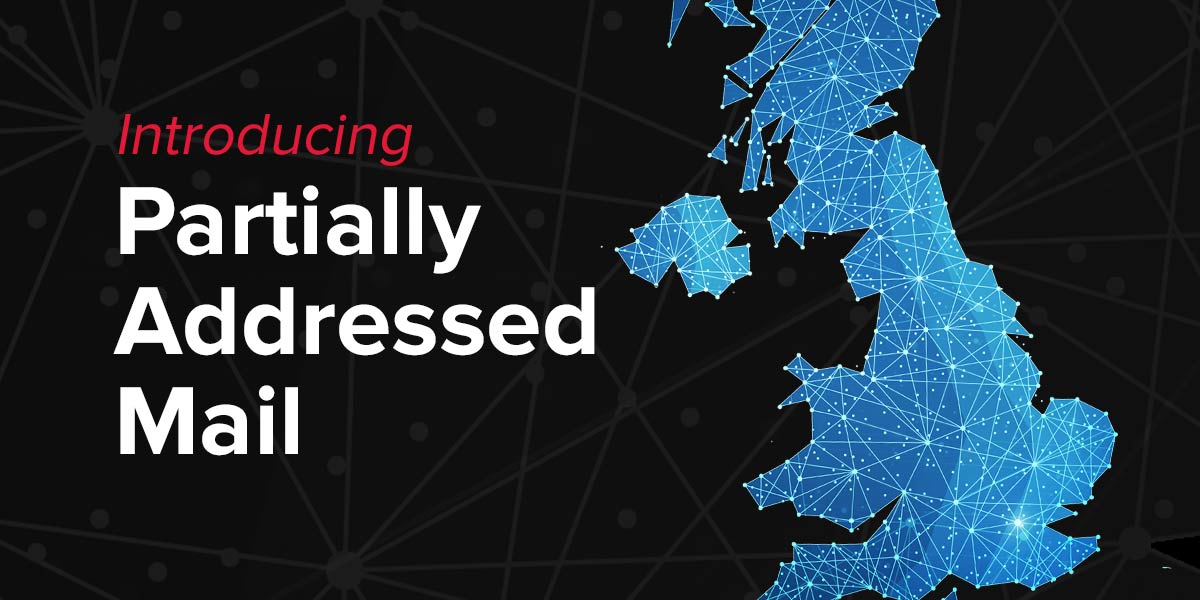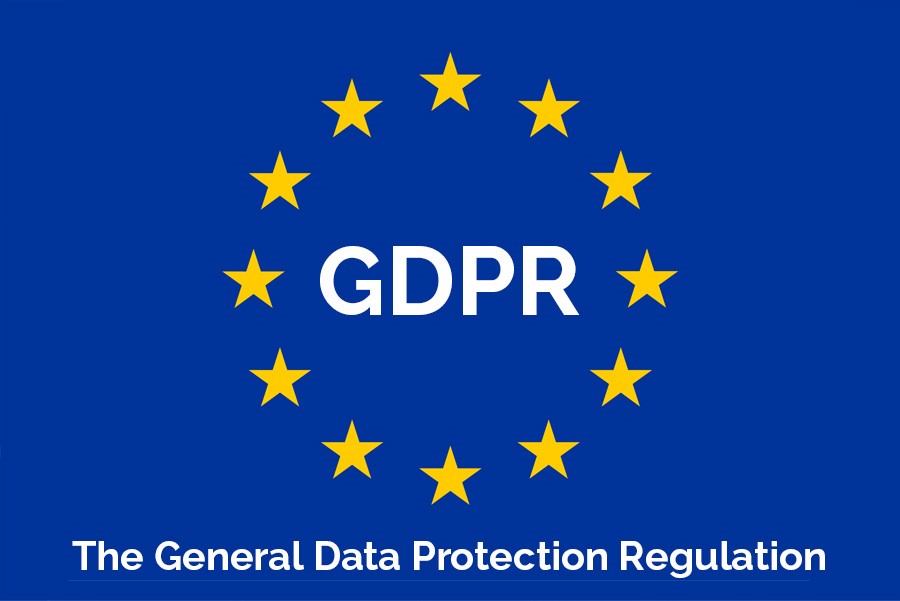Why direct mail is good for charities during the cost-of-living crisis
Everyone will be feeling the pinch – more expensive food, more expensive energy, more expensive fuel… more expensive everything. For charities this is not good news, as when household expenditure rises, donations dwindle. As a result, two marketing objectives take precedence at this difficult time: The retention of existing donors The recruitment of spontaneous one-off gifts For objective No.1 data plays an important role. It is critical that charities are reaching out to their regular donors in a meaningful way to ensure that the relationship is maintain, particularly if the donations dry up during this exceedingly difficult period for many households. Contacting people that have moved house (and despite the depressing economic climate, home moves are still far outstripping those [...]









